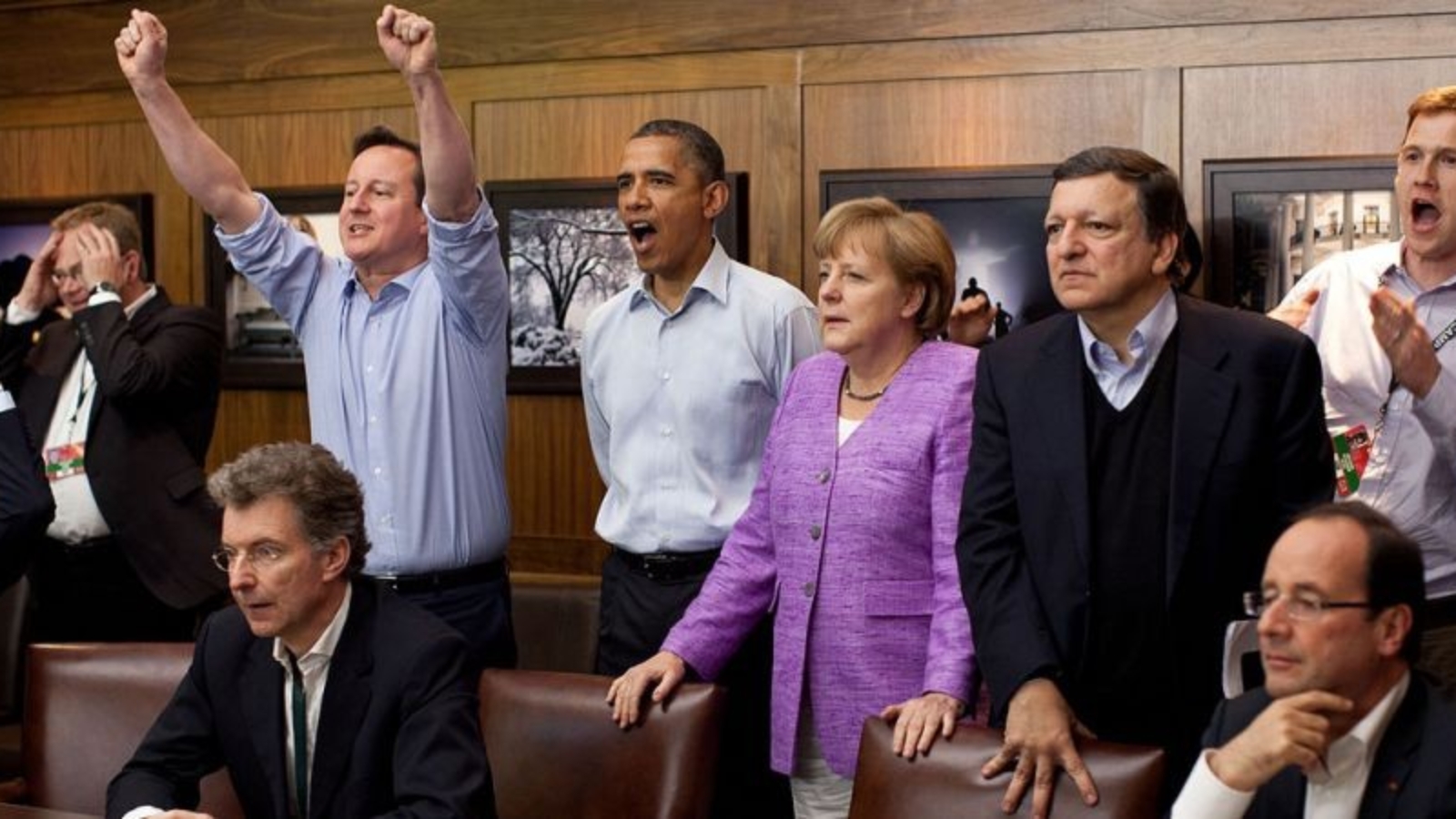The article was originally published on Fair Observer.
By John Bruton
A crucial negotiating session will take place in Miami between Oct. 19-23 on the terms of a possible U.S.-European Union trade and investment pact.
An independent study by Copenhagen Economics has calculated that a Transatlantic Trade and Investment Pact (TTIP) would add 1.1 percent to Ireland’s GDP. This is twice the rate of gain that would be experienced by the European Union (EU) as a whole.
I spoke recently at a seminar organized by the European Ideas Network (EIN), which is a think tank associated with the parliamentary group of the European Peoples Party, the biggest party in the European Parliament. I said the TTIP would be good for Europe because:
1) It would reduce the cost of regulation by eliminating the necessity for duplicate standard setting and inspection regimes, the cost of which has to be met by the consumer without any compensating benefit.
2) The reductions in the cost of regulation would disproportionately help small and medium-sized businesses to break into the transatlantic market. The present duplicative system acts as a barrier to entry and helps bigger, well-established companies keep markets to themselves.
3) It would open the U.S. federal, state, and local governments market to European tenders, who are now discriminated against by “buy America” rules, which deliver poor value to U.S. taxpayers.
4) It would help high tech start-up businesses on both sides of the Atlantic by creating a single market of almost 1 billion consumers.
5) It would help to keep Britain in the EU, in order for it to access this market. A failure to conclude the TTIP could, on the other hand, push the United Kingdom toward the exit, on the supposition that it might be able to negotiate better on its own.
6) It would give a confidence boost to the global economy at a time when the burden of debt precludes other forms of stimulus.
There is, unfortunately, quite a bit of opposition, particularly in Germany and Austria, to the conclusion of the TTIP. This seems to be linked to a general suspicion of globalization and a perception that it adds to inequality.
Austrians are 53 percent to 35 percent against, Germans 41 percent to 39 percent and Luxembourgers 43 percent to 40 percent. The rest of the EU is pretty overwhelmingly in favor, with the biggest backers in Ireland and Denmark at 71 percent.
On the far side of the Atlantic, trade is not a big deal for Americans. Their concerns, according the Pew Research Center, remain international terrorism and building up their own economy — 69 percent of Americans under 28 believe trade deals are good, compared to only 50 percent of over 65-year-olds.
Interestingly, 59 percent of Democrats favor concluding the TTIP, whereas only 45 percent of Republican voters do so. This is in opposition to the traditional position of the U.S. Congress, where Republican Congress members generally favor free trade and Democrats often do not.
U.S. public opinion will be less willing to accept European standards until the trust, damaged by the Volkswagen and LIBOR scandals, is repaired.
It is also important to recognize that differing standards sometimes reflect genuine differences in priorities among populations. For example, Europeans put a higher value on data privacy. Americans probably put a higher value on national security.
So, the negotiations will be intensely political.
*****
*****
John Bruton is the former Irish Prime Minister and an international business leader. He served as the Ambassador of the European Union to the United States from 2004-09.
[ Photo by Pete Souza]
